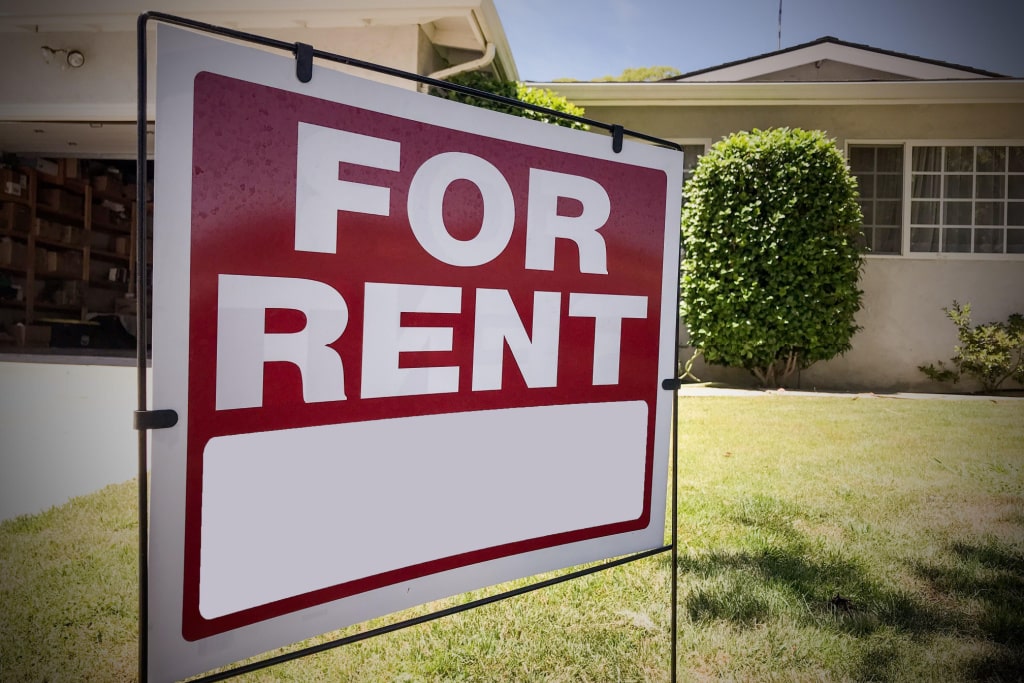Rent increases are a common concern for tenants, especially in areas with rising housing costs. In Georgia, understanding your rights as a tenant is crucial when landlords decide to adjust your monthly rent payments. This guide will dissect Georgia’s rent increase laws, providing clarity in 2024 and beyond.
It’s crucial to note that Georgia has no statewide rent control laws. Rent control usually establishes limits on how much and how often landlords can increase rent within a specific period. Without statewide rent control, landlords in Georgia generally have broad discretion to raise rents as they see fit, subject to certain limitations outlined in this article.
Legal Basis for Rent Increases
- Lease Agreements: Your lease agreement is the primary legal document governing your tenancy. It often includes terms about rent increases, including when and by how much a landlord can adjust the rent. Carefully review your lease to understand its specific provisions.
- Notice Requirements: Georgia law mandates that landlords provide a 60-day written notice before increasing rent. This notice allows tenants time to prepare financially or consider alternative housing options if needed.
When Can a Landlord Raise Rent?
- End of Lease Term: When a fixed-term lease (e.g., a one-year lease) expires, landlords have more flexibility to increase rent for the subsequent term. They must still provide the required 60-day notice.
- Periodic Tenancies (Month-to-Month): In month-to-month tenancies, landlords can also increase rent, but they must abide by the 60-day notice requirement.
Illegal Rent Increases
While Georgia landlords have a significant amount of freedom in raising rents, certain circumstances render a rent increase illegal.
- Discrimination: The Fair Housing Act prohibits discriminatory rent increases. Landlords cannot raise rent based on protected characteristics such as:
- Race
- Color
- Religion
- Sex
- National Origin
- Familial Status (presence of children)
- Disability
- Retaliation: It’s illegal for landlords to increase rent in retaliation against a tenant for exercising their legal rights, such as:
- Reporting health or safety violations
- Joining a tenants’ union
- Withholding rent due to uninhabitable living conditions
Potential Changes to Georgia Legislation
Though Georgia currently has no rent control, advocacy groups and some lawmakers have been pushing for legislation that would allow cities within the state to enact rent stabilization measures during housing emergencies. Keep an eye on Georgia’s legislative developments, as changes to rent control laws may occur in the future.
Protecting Yourself as a Tenant
- Thoroughly Read Your Lease: Your lease is your first line of defense. Understand the terms regarding rent increases before you sign.
- Communicate with Your Landlord: Maintain open communication with your landlord. If facing a hefty rent increase, try to negotiate or explore alternative solutions.
- Seek Legal Advice: If you suspect an illegal rent increase or face a dispute with your landlord, consult an attorney specializing in landlord-tenant law.
Conclusion
Navigating Georgia’s rent increase laws can be complex for tenants. Understanding the absence of rent control, the legal grounds for rent adjustments, and instances where rent increases are illegal is essential to protect your rights. Remember to stay informed about potential legislative changes and proactively advocate for fair housing practices.



